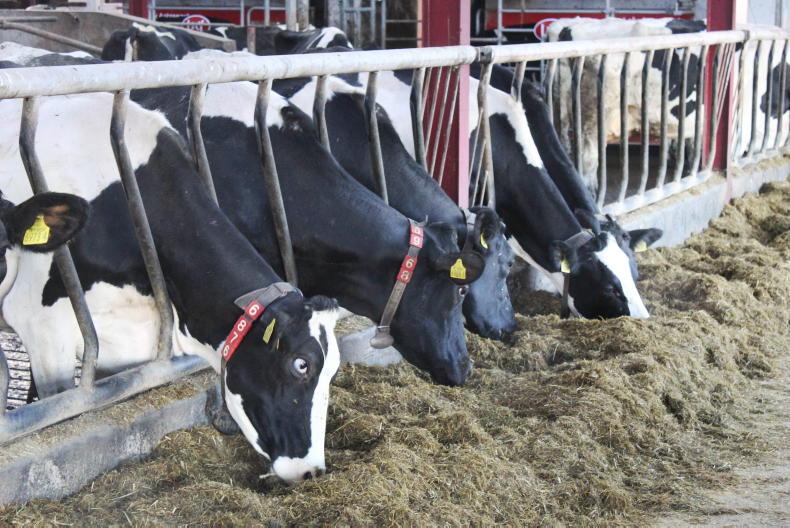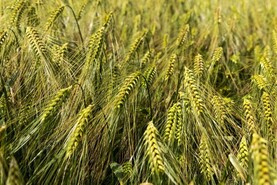Ammonia emissions from slurry reduced by almost half when a seaweed supplement was offered to dairy cows, new research has found.
The study, which was conducted at the Agri Food and Biosciences Institute (AFBI) in Hillsborough, Co Down, has been published in the journal Scientific Reports.
It found ammonia emissions from stored slurry decreased by 44% when cows were offered a diet which contained brown seaweed. Cows that were offered a separate diet containing a seaweed extract saw a 30% reduction in ammonia emissions from slurry.
The research paper describes the results as “compelling evidence” that incorporating brown seaweed into dairy cow diets can “significantly decrease” ammonia emissions from slurry storage.
“These results highlight the potential of H. elongata (brown seaweed) as a sustainable solution for mitigating ammonia emissions from slurry generated in dairy farming,” the paper reads.
To date, most research into seaweed supplements for cattle have focussed on reducing emissions of greenhouse gases, such as methane and nitrous oxide.
While ammonia is not a greenhouse gas, its emissions lead to other environmental problems, such as nitrogen being deposited on to sensitive habitats.
The new research paper suggests seaweed lowers ammonia emissions because it contains chemicals known as tannins which, when fed to cattle, change how proteins are digested.
Another factor is that the seaweed treatments created slurry that had “a thicker and drier crust” and this can act as “a physical barrier” against emissions.






 This is a subscriber-only article
This is a subscriber-only article










SHARING OPTIONS: